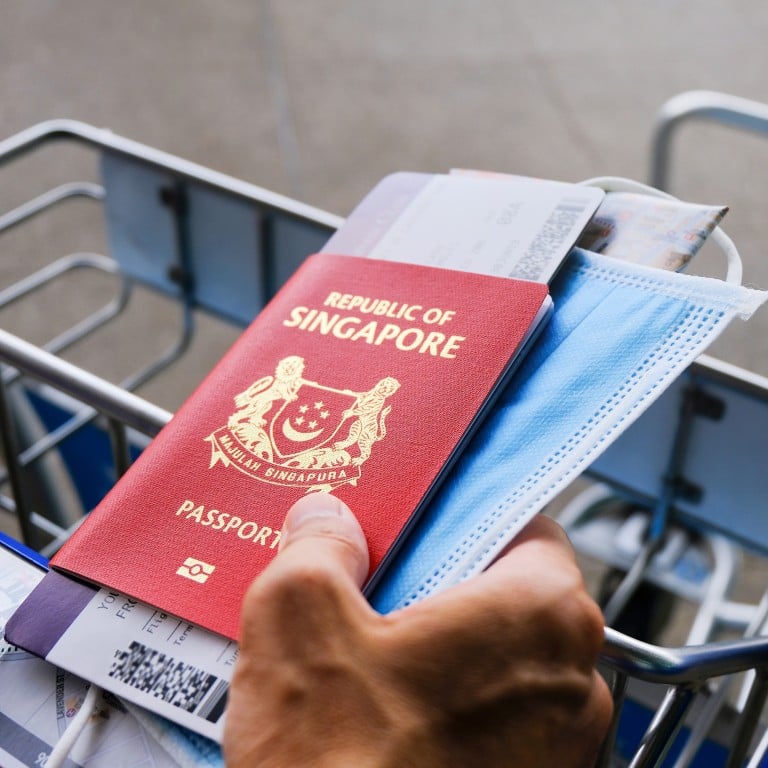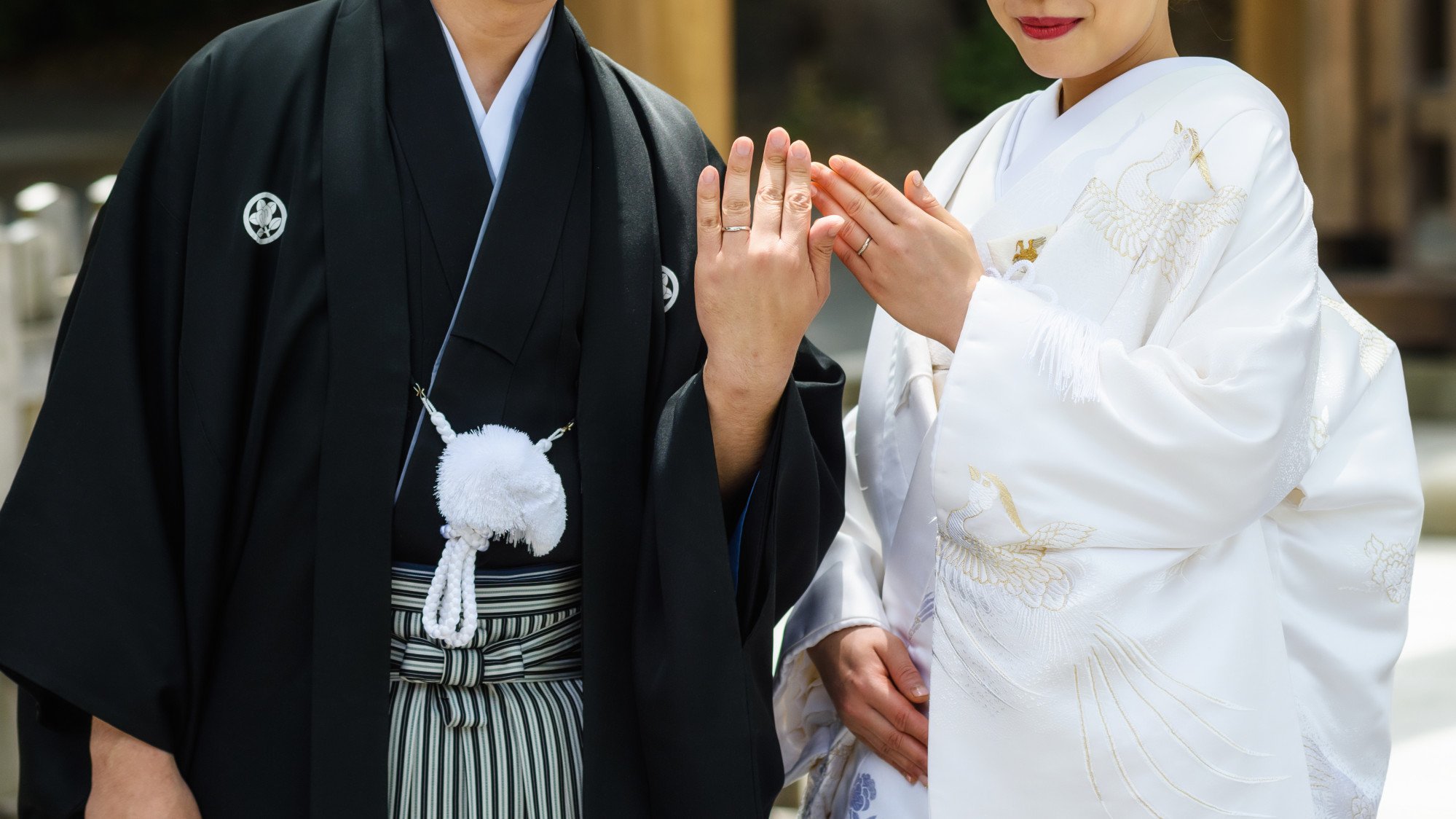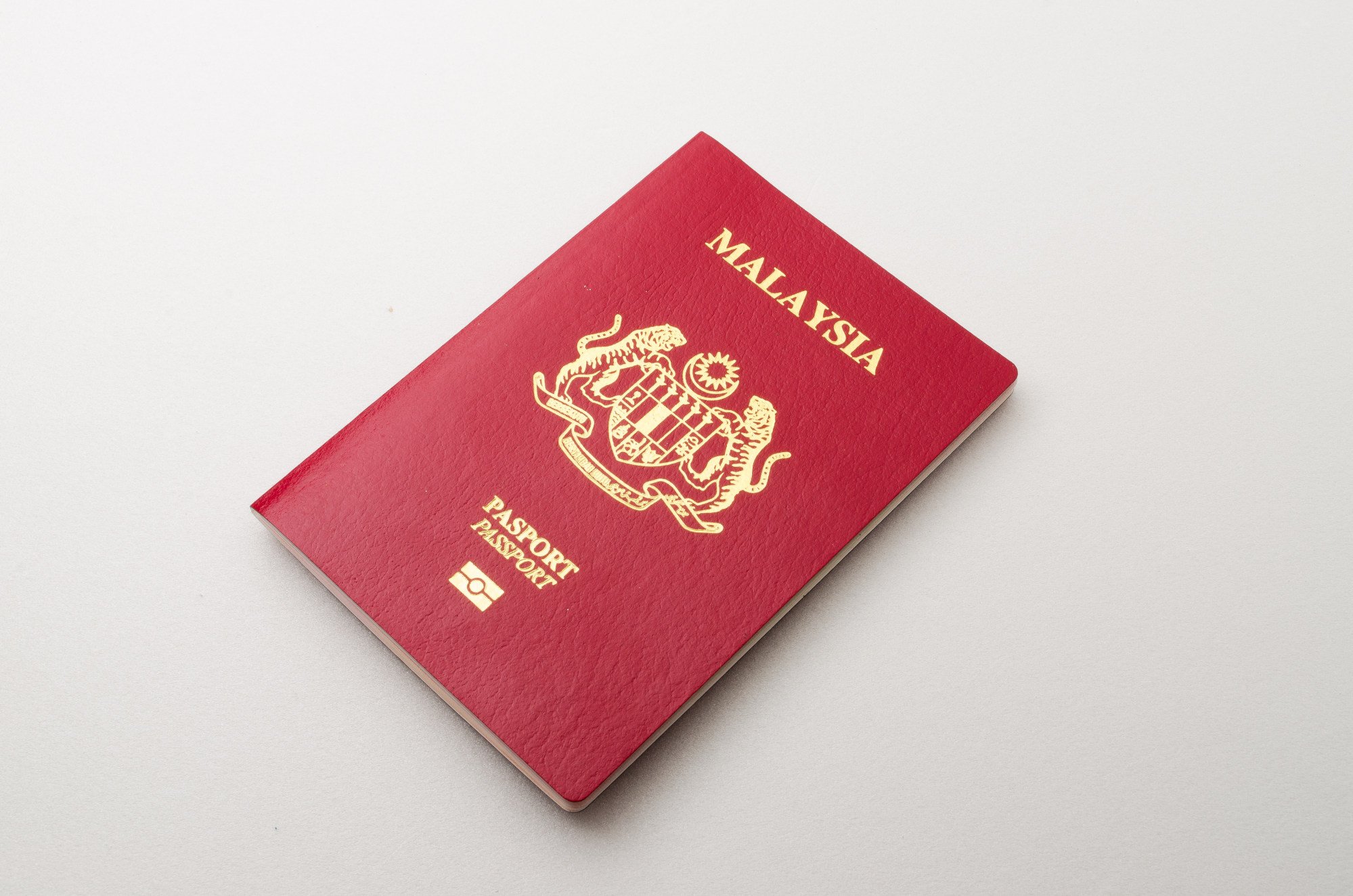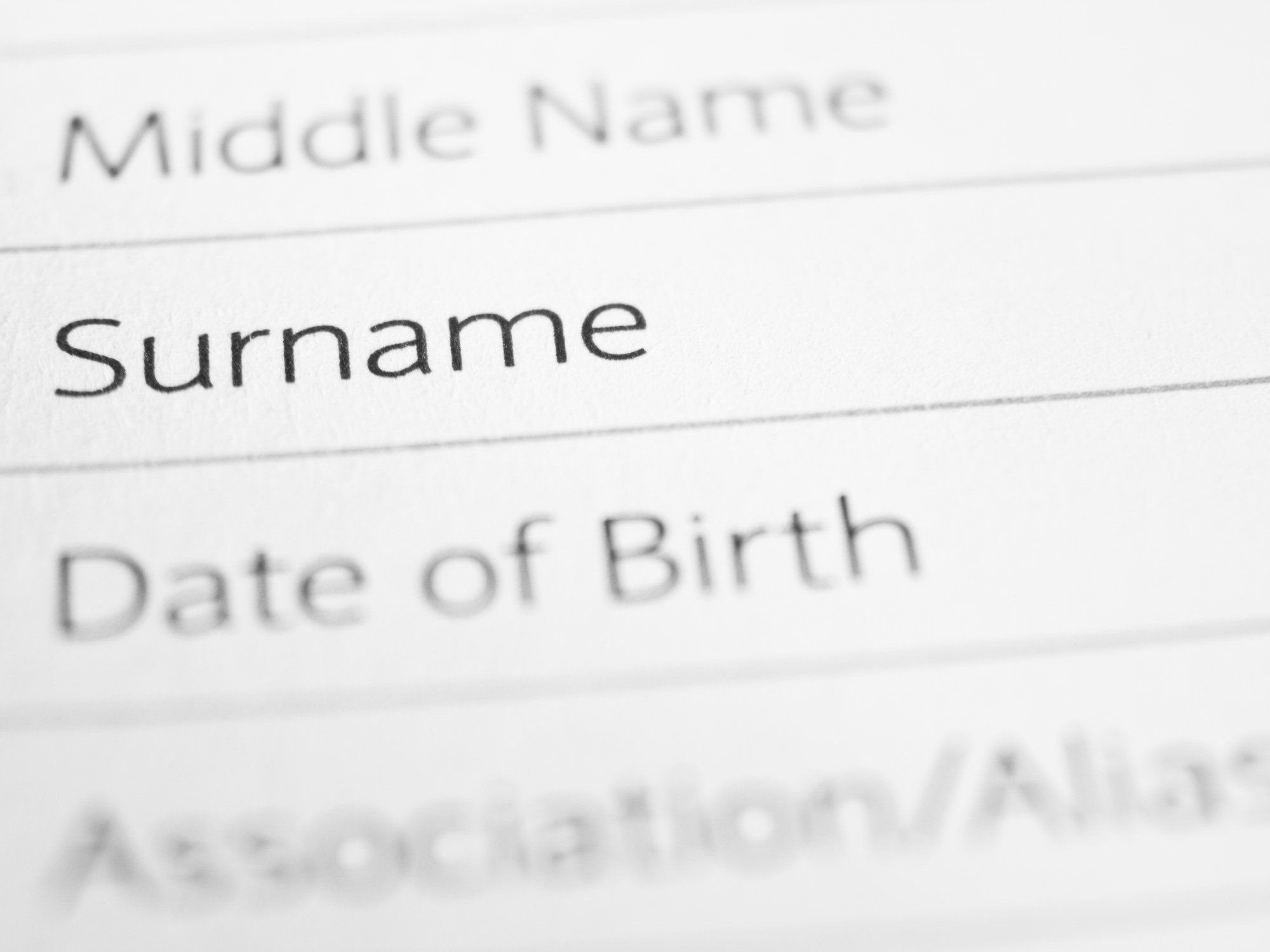
Why travellers with passports issued by Malaysia and Singapore are at a disadvantage
- Airline computers – and online apps – cannot cope with names in which the forename and surname are not defined, let alone customers with no surname at all
- For travellers in this boat long queues await. Why does anyone need to state a ‘last name’? Hundreds of millions of people have alternative name configurations
A recent study led by a Japanese economist from Tohoku University posited that by 2531, all Japanese could have the same surname, Sato, if Japan keeps the archaic law that forbids married couples from using separate surnames.
On my trip to Japan with friends last month, the issue of surnames was one of the reasons why there were long waits at airports. Of the four different passports carried by the five of us, two – the ones issued by Malaysia and Singapore – don’t explicitly differentiate between family names and given names.
My name in my passport is not presented as separate first and last names, but simply rendered as “Wee Kek Koon” in a single line.

The passport name of our Malaysian friend, let’s call him “Sim Ong Teck Gabriel”, must have confused the airline computers in Hong Kong and Japan because multiple attempts to print boarding passes and luggage tags at self-service kiosks failed. He had to join the long queues.
This often happens to him when he flies.

The reason why the names in our passports are like that is because many people in Malaysia and Singapore have a different naming convention to the surname-given name or first name-last name configurations.
A person is named “B son of A”, where B is his given name and A is the name of his father. B’s son will be “C son of B”, and on it goes.

The prevalence of alternative name configurations in not just Malaysia and Singapore but many parts of the world should give us pause on the necessity of identifying one’s surname on airline tickets, application forms, online shopping sites, and so on.
Why is it necessary to identify “Smith” as the surname of John Peter Smith, for example, on a ticket? What practical purpose does it serve today?
For hundreds of millions of people around the world who don’t have surnames, demanding that they have one so that they could buy a plane ticket or register to use a mobile app is rather unfair.
What’s in a name? China parents embrace modern child monikers for new world
Often, they must invent a surname where none had existed before.
Asking for “last names” is also annoying for those of us whose surnames are not placed last.
Why can’t a person simply fill in “Abdullah bin Ali”, “John Peter Smith” or “Sim Ong Teck Gabriel” in a single field, instead of having two or more separate fields for names?
The present Han Chinese naming convention of a surname followed by a given name, e.g. the actress Gong Li (her surname is Gong) and this columnist Wee Kek Koon (my surname is Wee), dates from the Qin dynasty (221–206BC).
In the centuries before the Qin, a high-born Chinese person had both xing and shi, in addition to their given name. Commoners usually only had given names.
‘Inconvenient law’: can Japan’s married women finally keep their maiden names?
At the risk of oversimplifying, xing indicated bloodlines, while shi was the marker of one’s affiliation with a group such as a tribe. Xing was passed down to descendants, whereas shi could be changed.
In time, xing and shi were used interchangeably and commoners also began to use them as part of their names.
During the Qin dynasty, names were made uniform by converting all xing and shi into surnames that would be passed down through the male line unchanged.
This configuration of a stabilised surname followed by a single- or double-character given name has remained basically unchanged for 2,000 years.

